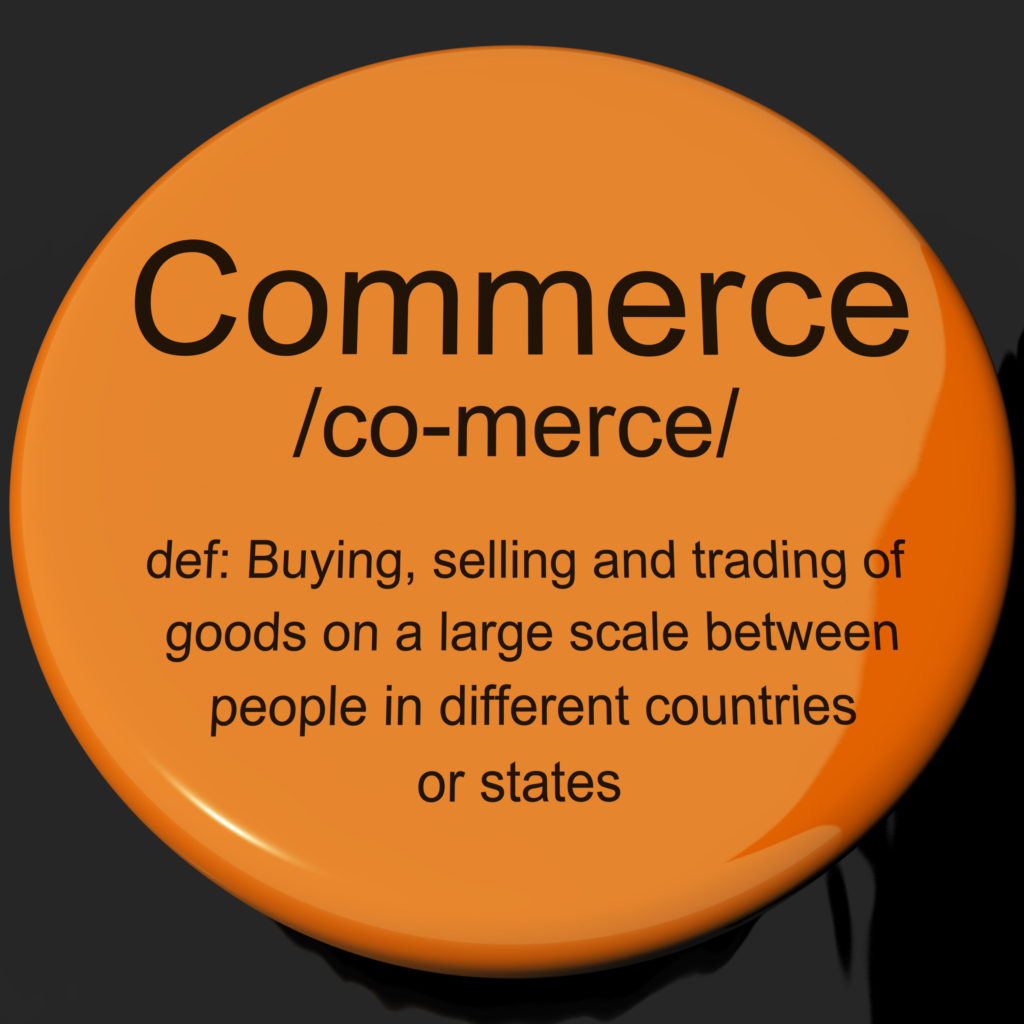Weekly Focus: Alibaba Moves Into Smart Homes with Bluetooth Mesh

Alibaba is back in this week's focus with a new partnership that will see its A.I. Labs business unit work on an Internet of Things (IoT) project to bring more intelligence into homes.
The Chinese e-commerce operator said it inked an alliance with Taiwanese chipmaker MediaTek would develop a "unified connectivity protocol" aimed at making it easier for consumers to control their home devices through a single portal. This would enable them to bypass the need to manage multiple apps and passwords.
Both companies would build a solution based on Smartmesh, which was a low-power wireless networking system that linked sensors to a central system, and that supported Bluetooth mesh networking technology.
Mesh networking extends the coverage area of Bluetooth, enabling devices to exchange data from multiple devices within the vicinity. This was a crucial capability for most IoT devices.
When completed, Alibaba said it would be the first vendor in China to commercially avail Bluetooh mesh technology on a large scale.
In addition, the new solution would be based on a connectivity protocol developed by A.I. Labs, as well as Bluetooth chips built by the two partners to enable connected home devices to automatically pair with Alibaba's voice-assist product, Tmall Genie, which was equivalent to Amazon's Echo or Google Home.
Alibaba's head of A.I. Labs Miffy Chan explained: "Bluetooth mesh technology has the advantages of being open, low-cost, high-efficiency, and it supports the majority of Bluetooth devices in the market. Pushing for a unified connectivity standard will cut down risks and costs for smarthome manufacturers.
"At the same time, making the [Bluetooth] chip available to the market can introduce a single standard for different brands and smart assistants of different platforms, and help them cut down research expenses and time spent in negotiations", Chan said.
Noting that the smarthome market was experiencing significant growth, MediaTek's general manager for home entertainment business, Jerry Yu, added that the partnership aimed to build a voice-controlled smarthome ecosystem.
According to Alibaba, more than one million smart assistants were sold in China during the e-commerce operator's Singles Day shopping festival on 11 November.
It added that the A.I. Labs unit hoped to expand its IoT application beyond smarthomes and into other sectors, such as hotels and nursing homes.
Taobao.com amongst US 'notorious' list
However, there is a list Alibaba is unlikely to appreciate being on. The Office of the United States Trade Representative (USTR) has released its 2017 Out-of-Cycle Review of Notorious Markets, which again includes the Chinese vendor's e-commerce marketplace, Taobao.com.
According to the report, "a high volume" of copyright infringing products continued to be available or sold on the website and rights owners reported challenges associated with enforcing their IP rights on Taobao.com. In addition, it noted that more small and midsize businesses last year requested assistance from US government agencies and embassies involving Taobao.com, than any other e-commerce sites, after encountering problems accessing takedown procedures on the Chinese portal.
USTR noted that, while Alibaba had made some efforts in the last six months to restrict access and sale of infringing products, the problem continued to be prevalent and called on the Chinese vendor to take additional steps to resolve ongoing concerns.
The US office added that, in its 2016 List, it had urged Taobao.com to expand its Good Faith takedown initiative, but this enforcement scheme remained cumbersome and inadequate in addressing the sale of counterfeit products. It cited reports from various US retail brands and associations that pointed to persistent problems with infringement.
The report further noted that Alibaba not only failed to use metrics to assess "objectively" the extent of infringing products sold on Taobao.com, it also was unable to fairly demonstrate that the volume of counterfeit goods had fallen.
"The data provided by Alibaba, to date, does not directly reflect the scope and status of the counterfeiting problem on the Taobao.com platform, but instead is merely suggestive of progress made. For example, a decline in the number of takedown requests, while perhaps indicative of a positive trend across platforms, does not speak to the overall scope of the problem on Taobao.com", USTR said.
On its part, Alibaba released a statement refuting the report. Its president Michael Evans noted that the company, over the past year, had eased access for rights holders to tap Alibaba's intellectual property (IP) protection schemes. The number of such companies registered on the programme climbed 11% year-on-year, but the number of takedown requests dipped 25%, he said, adding that 98% of these were removed before a sale could be made. In addition, 97% of takedown requests were processed within a day, Evans said.
"In light of all this, it's clear that no matter how much action we take and progress we make, USTR is not actually interested in seeing tangible results", he said. "Therefore, our inclusion on its list is not an accurate representation of Alibaba's results in protecting brands and IP (intellectual property), and we have no other choice but to conclude that this is a deeply flawed, biased, and politicised process."This content was originally published in RetailTechNews.








Follow ExchangeWire